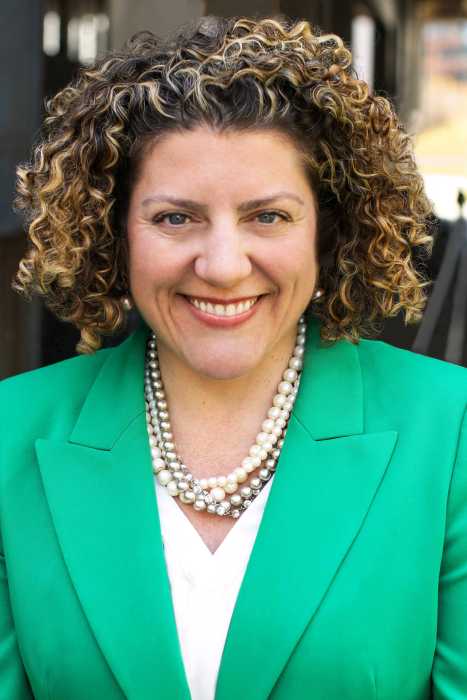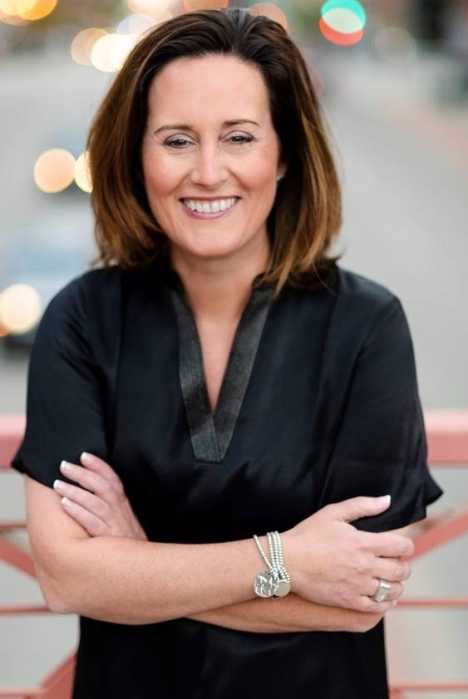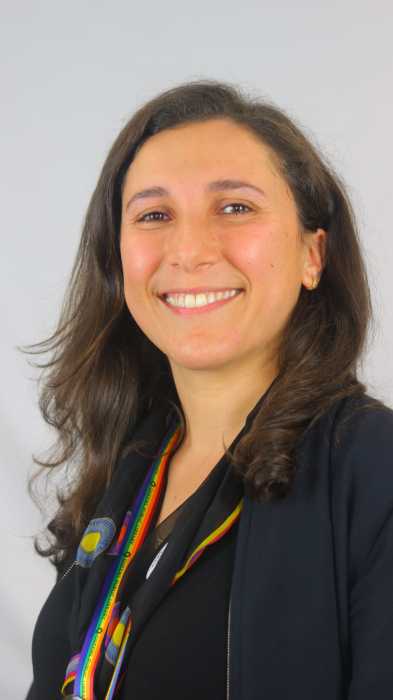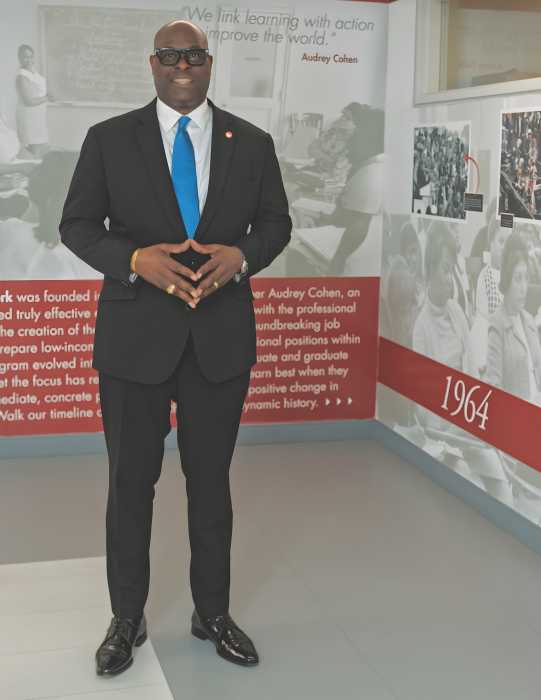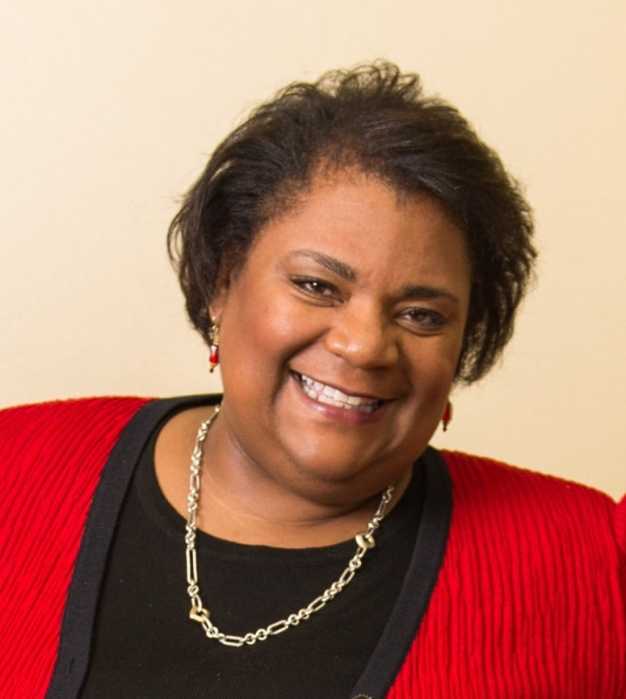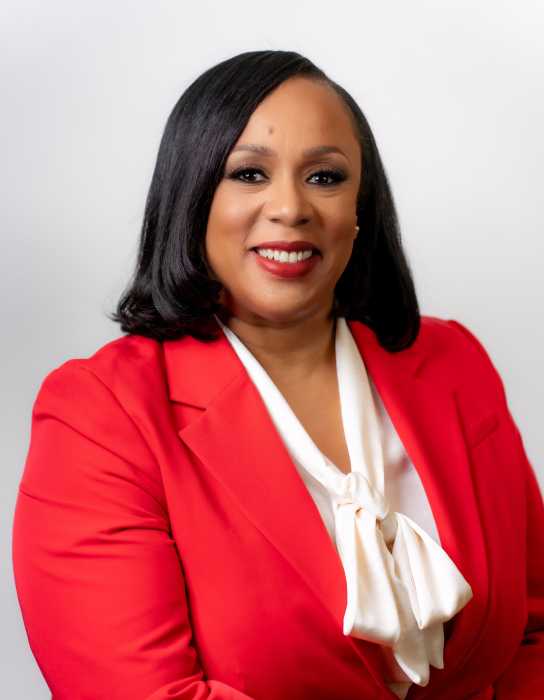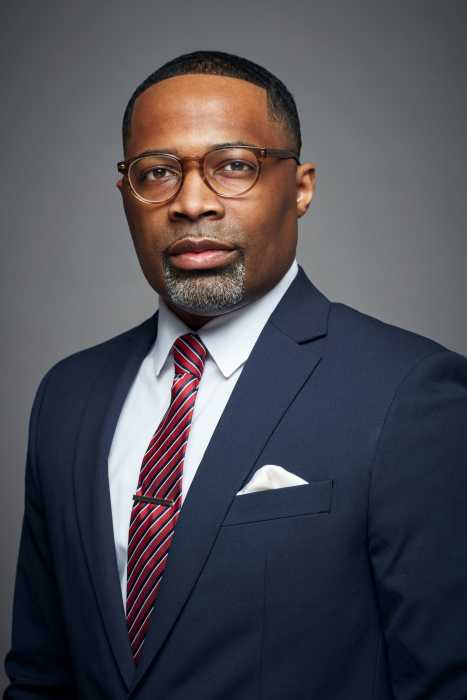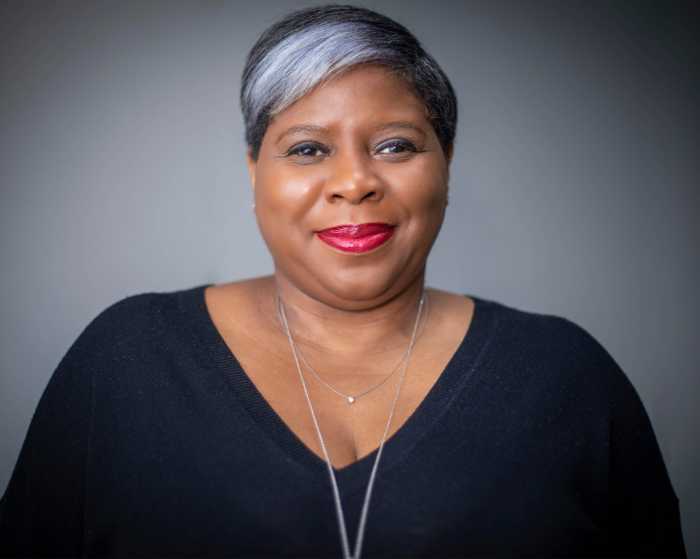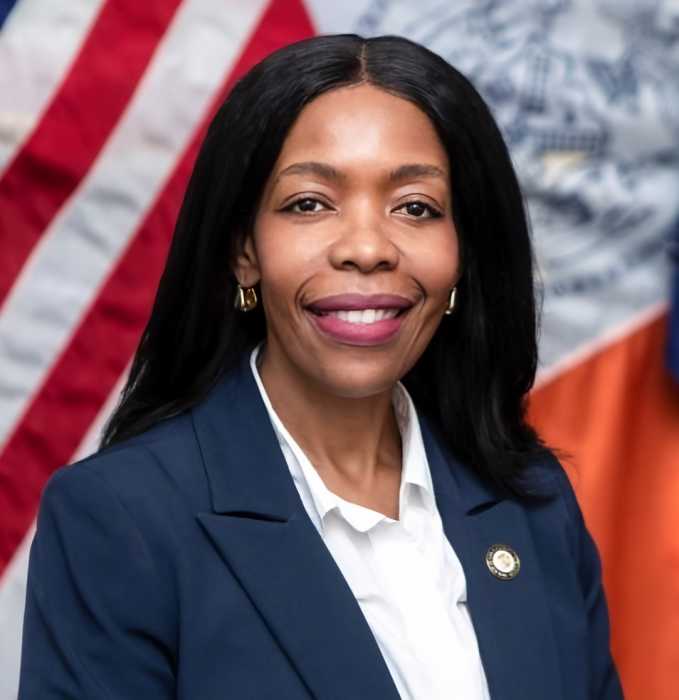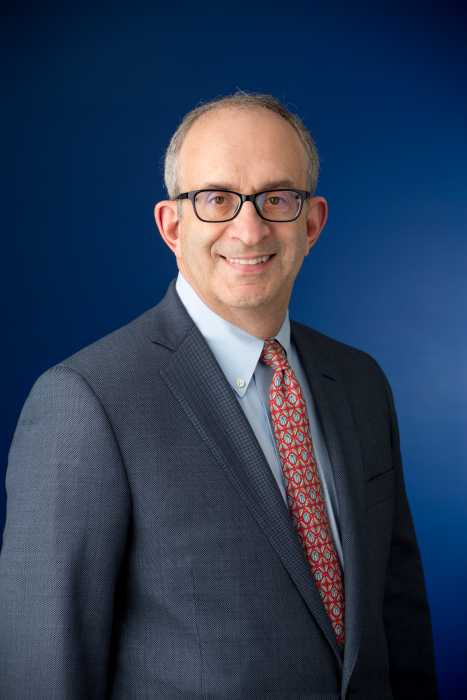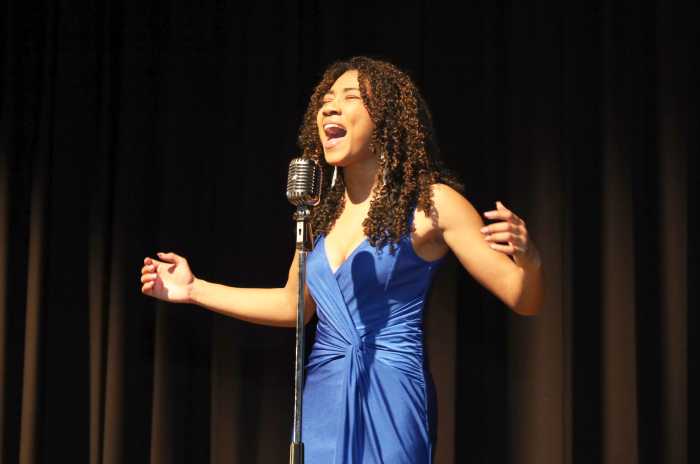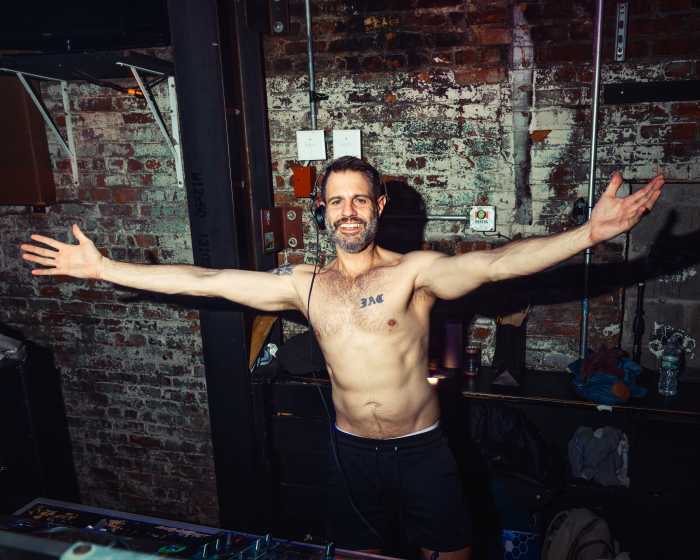Christina Foti is the deputy chancellor of the Division of Inclusive and Accessible Learning at NYC Public Schools, overseeing the Special Education Office and the Office of Multilingual Learners. Her leadership focuses on expanding access to high-quality, inclusive programs close to home. She previously served as chief of special education and principal of P.S. 231K. Foti holds degrees from Vassar, CUNY, and Hunter, and is pursuing a doctorate at Teachers College, Columbia University.
How has the educational landscape changed in recent years and what are your hopes for its future?
A little over a year ago, NYC Public Schools created the Division of Inclusive and Accessible Learning to place students with disabilities and multilingual learners at the center of our system. Since then, we’ve expanded early childhood programming, specialized programs, and multilingual pathways while grounding literacy in evidence-based practice. My hope is to build on this foundation so that inclusion and excellence are inseparable, and every student can thrive in their neighborhood school.
What do you most enjoy about working in education?
What I enjoy most about working in education is seeing progress – both the small, daily steps and the large system shifts – that change students’ lives. From a child learning to read with the right support to entire districts expanding inclusive programs, these moments keep me inspired. Working with families, educators, and communities to build schools where all students belong and thrive is the most rewarding part of this work.
As this year comes to an end, what are your goals for 2026?
As 2026 approaches, my goal is to build on recent gains in English language arts and math proficiency while closing opportunity gaps for students with disabilities and multilingual learners. Progress has shown what’s possible, but equity means ensuring these gains reach every student. My focus is on sustaining academic growth, expanding access to rigorous instruction, and making sure our most vulnerable students are fully included in the city’s success.


